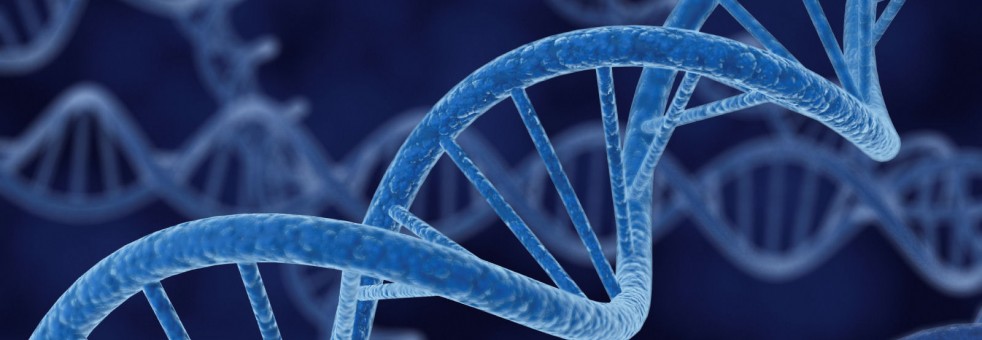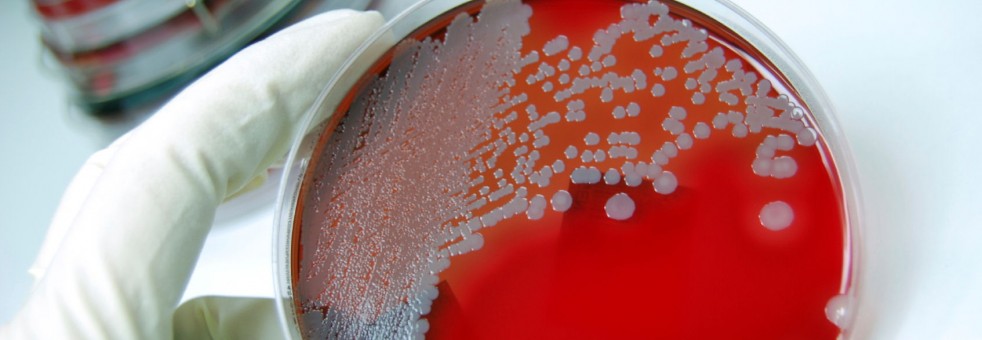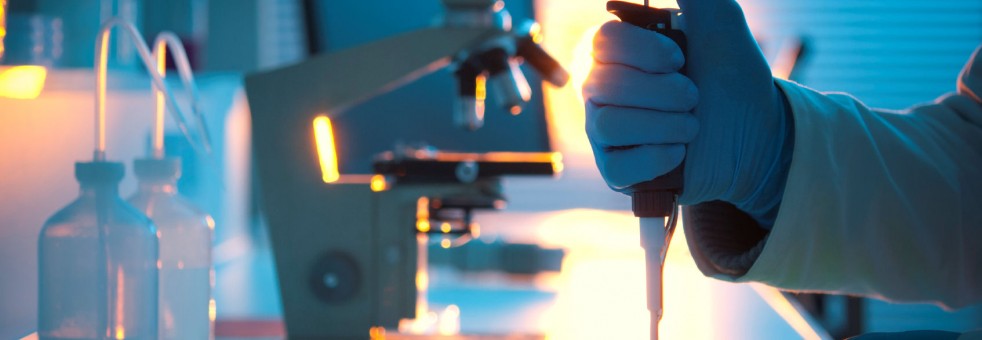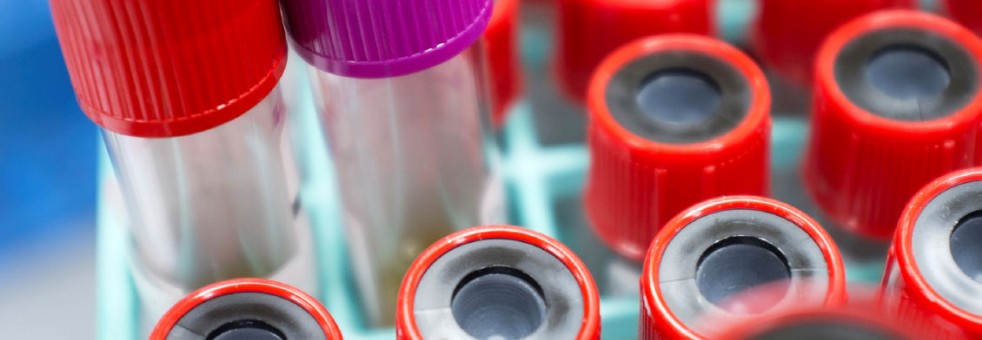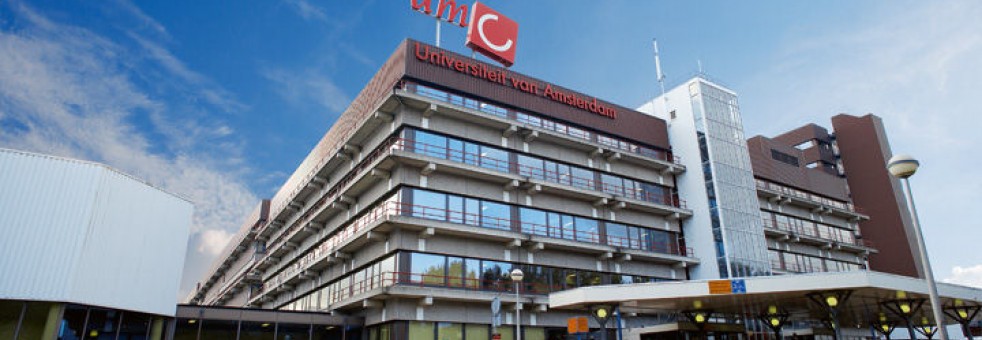Home>Professionals>Scientific research>Neurosarcoidosis
Neurosarcoidosis
Background
Sarcoidosis is characterized by the involvement of various tissues by non-caseating granulomas with a predisposition for the lungs. In 5% this involves the nervous system. The diagnosis of neurosarcoidosis can be difficult because of the lack of a sensitive and specific diagnostic tool. The golden standard is nervous system biopsy, but in the majority of the cases (for example isolated cranial nerve involvement in neurosarcoidosis) this is not desirable. Therefore, the diagnosis is frequently made by demonstrating granulomas in tissue outside the nervous system with a clinical and radiological picture compatible with neurosarcoidosis with the exclusion of other possible diagnoses. Disease specific biomarkers that can support the diagnosis or evaluate disease activity adequately are lacking. Neurosarcoidosis is a serious disease, and one-third of patients does not improve despite adequate treatment. Knowledge concerning the clinical presentation, results of ancillary investigations, treatment and outcome, is mainly derived from retrospective studies and prospective studies are lacking.
Aim of the tertiary referral centre for neurosarcoidosis
Because this disease is relatively rare, we share the opinion that care for this complex disease should occur in certain specialized hospitals. Our aim is to improve care for patients with neurosarcoidosis. Therefore, we established an tertiary referral centre for neurosarcoidosis in the AMC in Amsterdam in the summer of 2015. This includes an outpatient clinic for patients with neurosarcoidosis. Additionally, we have started various research projects with the aim to improve the diagnostic process and outcome of this serious disease.
Which research projects are we currently conducting?
Our scientific research aims at both the aetiology and the course of the disease. Firstly, we are conducting whole genome sequencing of patients with a familial frequent occurrence of sarcoidosis to evaluate a possible genetic predisposition. Secondly, to assess the clinical picture and course of the disease we have written a meta-analysis and systematic review, in which we concluded that neurosarcoidosis is clinical heterogeneous, that ancillary investigations have low sensitivity and that one third of patients respond inadequately to treatment. Thirdly, we have conducted a cross-sectional observational study in which we described our experiences with the disease. Furthermore we have established a biobank, in which we collect bodily materials (like blood and cerebrospinal fluid) and prospective data concerning symptoms, the course of the disease and treatment. International literature still haven’t reached a consensus concerning the best diagnostic process to make a diagnosis of neurosarcoidosis. Therefore, we are currently systematically evaluating the use of ancillary investigations and looking for new ways to diagnose neurosarcoidosis in cerebrospinal fluid. We hope to accomplish this by measuring various proteins in cerebrospinal fluid who are characteristic for sarcoidosis and assess their predictive qualities. Additionally we are evaluating the value of a PET-CT scan in the diagnostic process of neurosarcoidosis. Lastly, we are working closely together with the Erasmus MC to describe the value of treating patients with selective antibodies against the immune system, like infliximab. Our main aim is to improve care for patients with neurosarcoidosis by doing patient-related research.
Tertiary referral centre
When a patient is suspected of neurosarcoidosis, the generaly practicioner, the neurologist or the treating physician can directly refer a patient to the neurologists Prof. Dr. D. van de Beek of Dr. M.C. Brouwer. Patients are being seen every Thursday on the neurosarcoidosis outpatient clinic at the AMC by Drs. D. Fritz. Additionally, there is a multidisciplinary video conference with the Erasmus MC once a month and a multidisciplinary meeting in the AMC every Friday (KIR).





